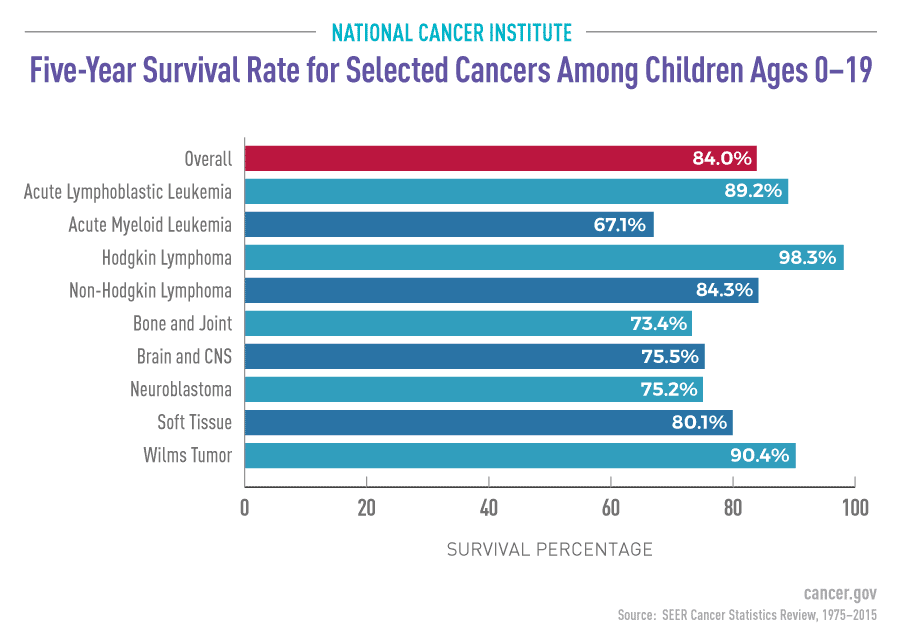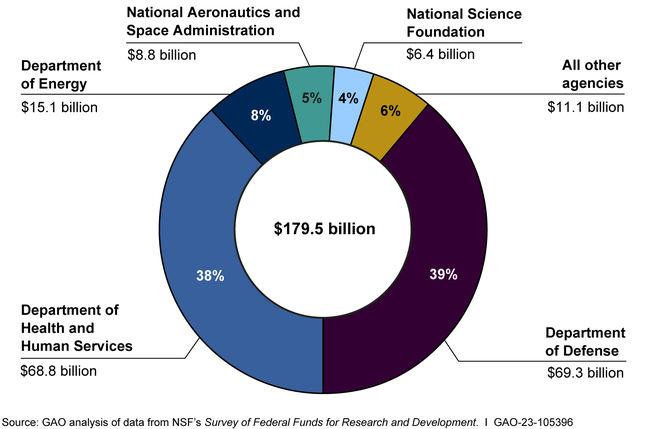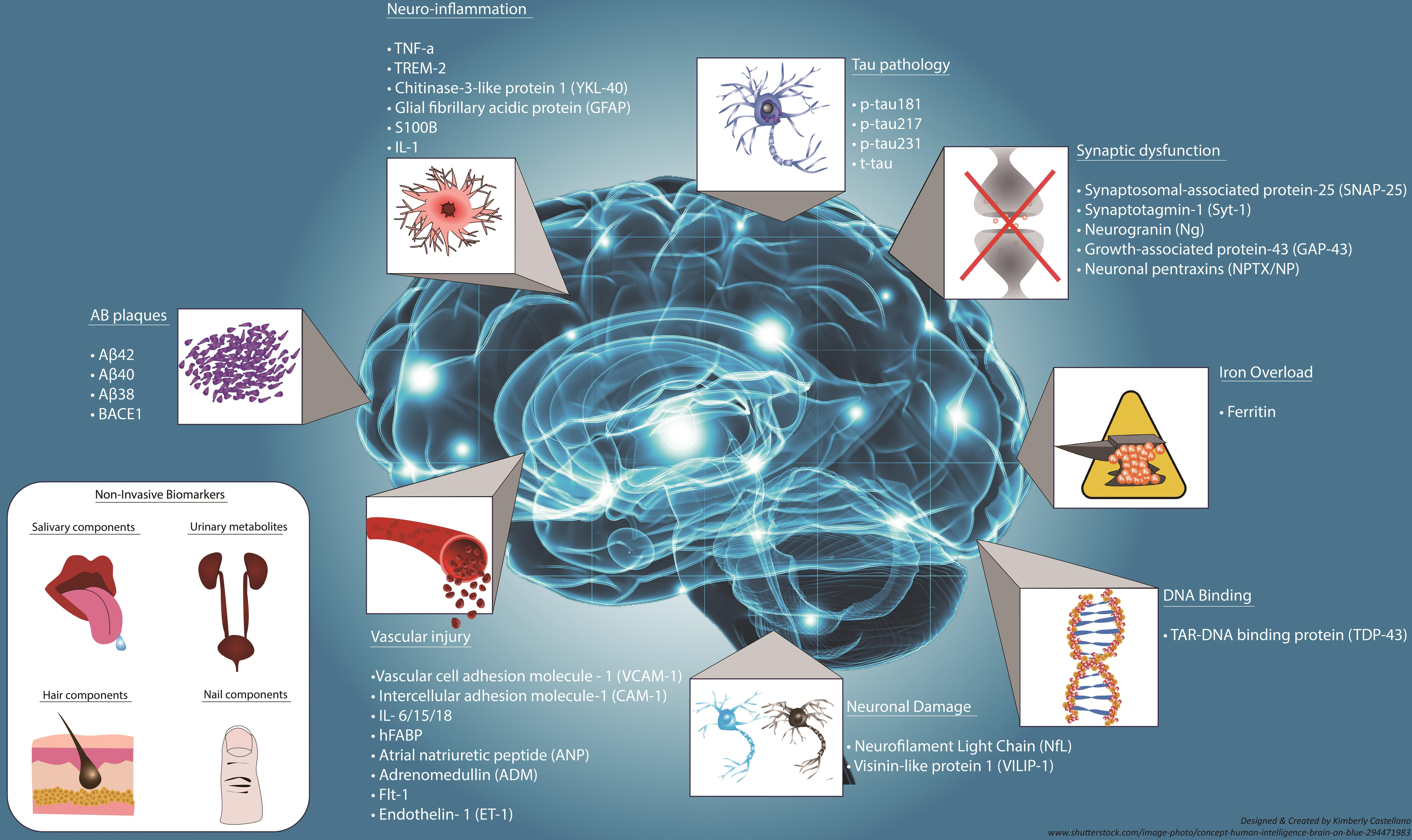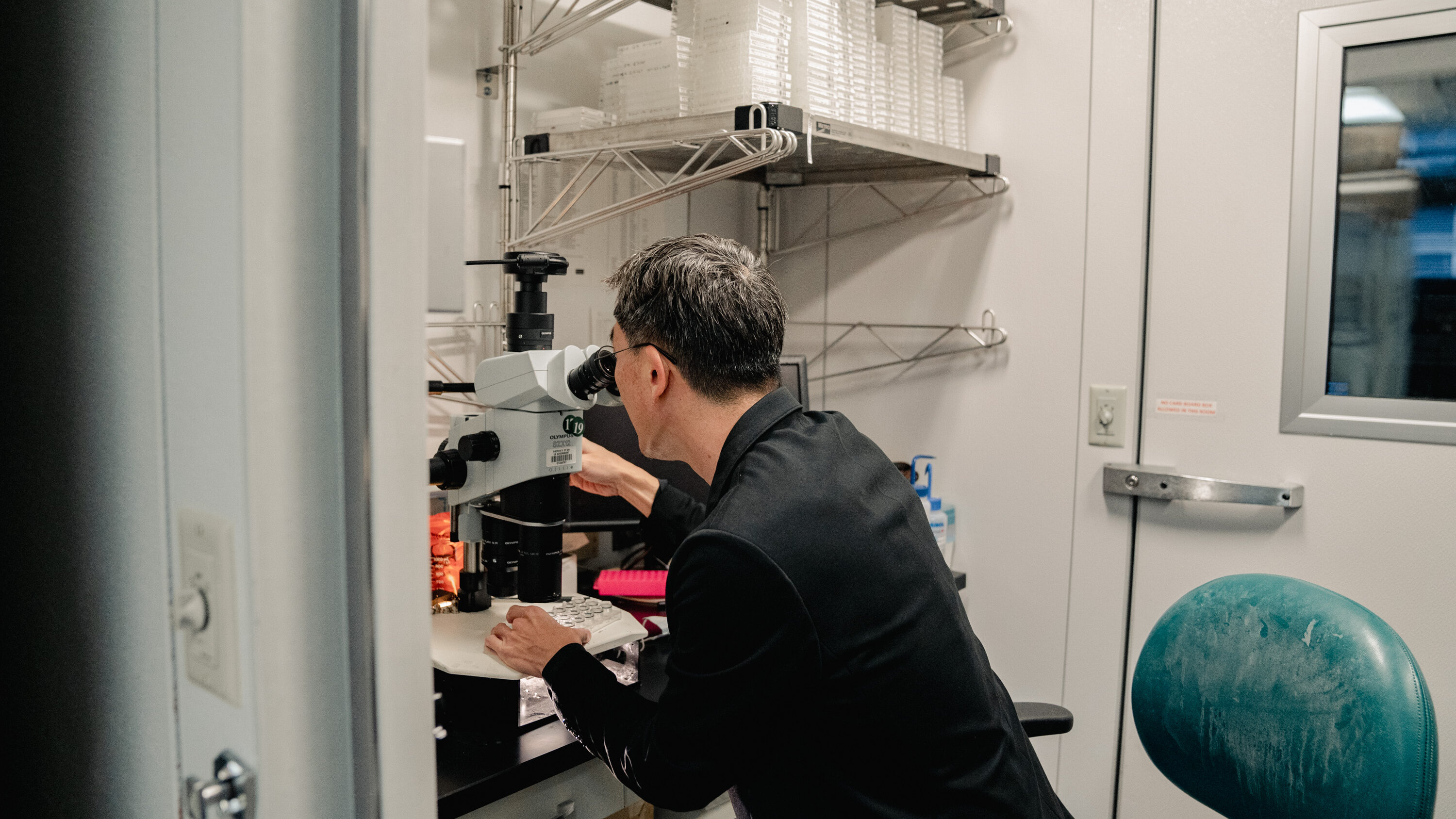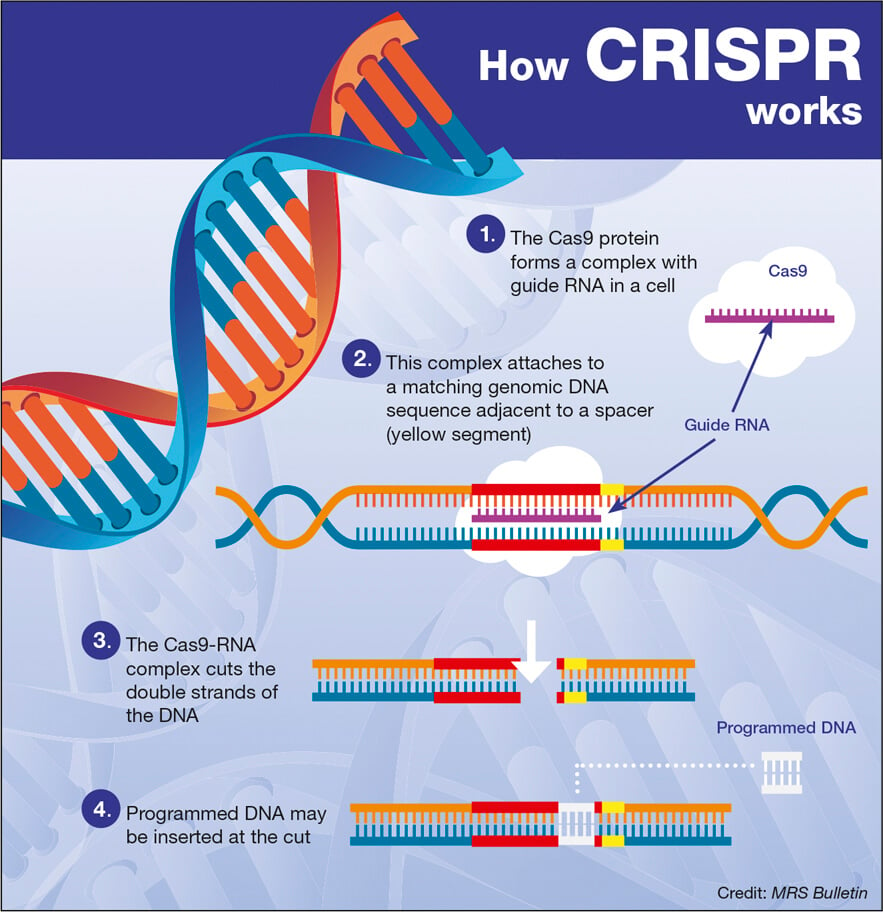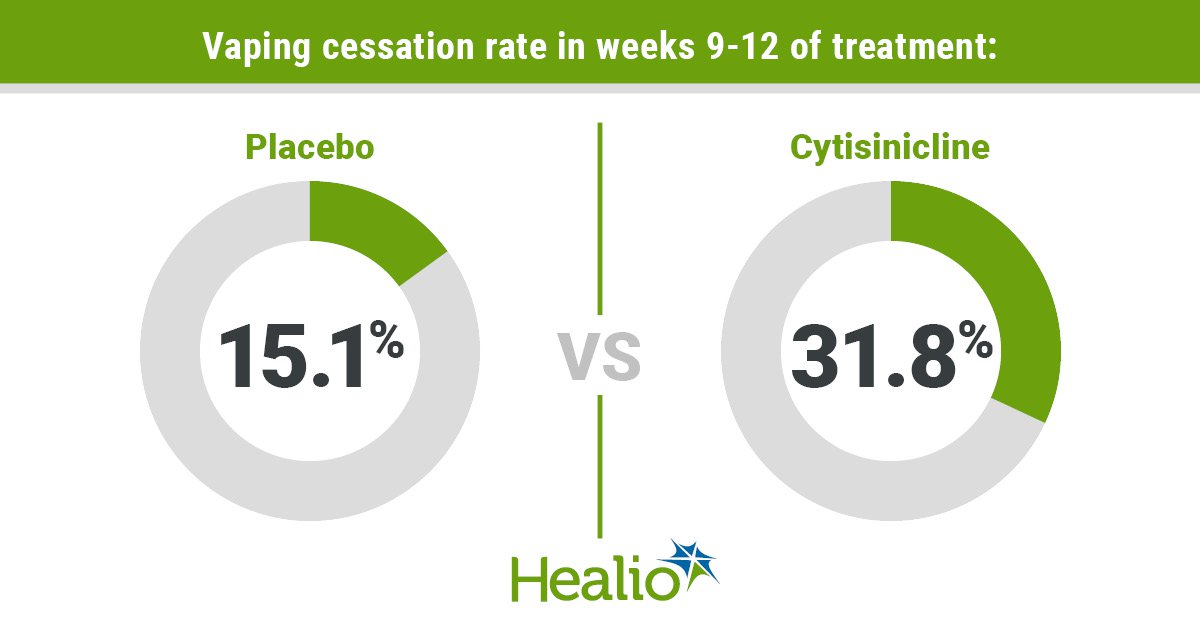Pediatric Cancer AI Predictions Transform Treatment Approach
Pediatric Cancer AI Predictions represent a groundbreaking advancement in the intersection of technology and medicine, particularly within pediatric oncology.This innovative application of artificial intelligence (AI) empowers healthcare professionals to predict cancer recurrence with greater precision, offering hope for improved patient outcomes.Continue Reading
Pediatric Cancer Recurrence: AI Tool Outperforms Traditional Methods
Pediatric cancer recurrence is a critical concern for many families affected by childhood tumors, particularly gliomas, which can be both treatable and unpredictable.Recent advancements in artificial intelligence (AI) have opened new avenues for predicting relapse risk with remarkable accuracy, outperforming traditional methods.Continue Reading
AI in Pediatric Brain Cancer: Improving Relapse Predictions
AI in pediatric brain cancer is paving the way for revolutionary advancements in the early detection and management of brain tumors in children.A recent study highlighted how artificial intelligence tools can significantly improve the accuracy of brain cancer relapse prediction, particularly in cases of pediatric gliomas.Continue Reading
Federal Grant Research: Securing Funding for Innovation
Federal grant research plays a crucial role in advancing scientific discovery, particularly in areas like public health funding, cancer research grants, and nutrition and health studies.By securing these grants, researchers can delve into groundbreaking studies that not only address key health issues but also improve community well-being.Continue Reading
Alzheimer’s Disease Research: Transforming Treatment Strategies
Alzheimer’s disease research is a vital field that seeks to unravel the complexities of this devastating neurodegenerative condition.Recent studies led by neuroscientist Beth Stevens are shedding light on the crucial role of microglial cells, which function as the brain’s immune system.Continue Reading
Global Health: Gawande’s Insight on USAID’s Challenges
Global health has never been more critical as we navigate the complexities of infectious diseases, health disparities, and the repercussions of systemic failures in health infrastructures worldwide.Prominent figures like Atul Gawande have emphasized the urgent need for robust public health leadership, especially in light of challenges posed by shifts in government priorities affecting vital agencies like USAID.Continue Reading
Youth Well-Being: Insights from a Global Study
Youth well-being is an increasingly critical topic as new research sheds light on the myriad factors that contribute to the flourishing of our younger generations.A recent global study highlights troubling trends in the mental health and overall happiness of youth, particularly in wealthier nations, where financial security does not necessarily correlate with higher well-being.Continue Reading
Medical Research Funding Cuts: Impact on Patient Safety
Medical research funding cuts pose a significant threat to patient safety and the integrity of healthcare systems.Recent budget reductions, particularly those impacting NIH funding, have raised alarm bells among medical professionals, highlighting the collision between budgetary constraints and clinical research ethics.Continue Reading
CRISPR Gene Editing: Weighing Cures Against Ethics
CRISPR gene editing has emerged as a groundbreaking technology that holds the transformative potential to alter the genetic fabric of life itself.This powerful tool empowers scientists to edit genes with unprecedented precision, offering a miraculous avenue for treatments such as sickle cell anemia.Continue Reading
Vaping Cessation Pill: FDA-Approved Solution for Youth
The vaping cessation pill known as varenicline is emerging as a groundbreaking solution for teens and young adults seeking to quit vaping.Recent clinical trials have shown that this FDA-approved medication significantly increases the chances of quitting compared to traditional behavioral counseling alone.Continue Reading
